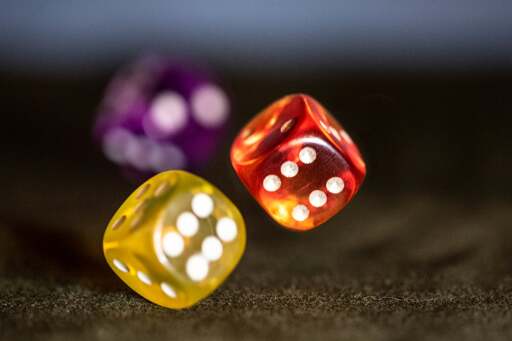Probability was a relative latecomer to mathematics. Although people had been gambling with astragali (knucklebones) and dice for millennia, it was not until the French mathematicians Blaise Pascal and Pierre de Fermat started corresponding in the 1650s that any rigorous analysis was made of ‘chance’ events. Like the release from a pent-up dam, probability has since flooded fields as diverse as finance, astronomy and law — not to mention gambling.
probability does not exist, but it is useful to act as though it does
I’m just not really sure what the point of the distinction is. It seems needlessly pedantic when most probability based statements are simplified - most scientific uses of probability explicitly state their P values if you read past the headline, their expected deviation - this would be an interesting statement if they weren’t, but it’s just stating what any reputable statistician can’t shout loud enough.
The field of statistics is the art of calculating the impossible to calculate, about making the best informed decision when working with imperfect information - anyone promising otherwise is trying to sell you something.
Somewhat adjecent to the topics of the book Fooled by randomness.



